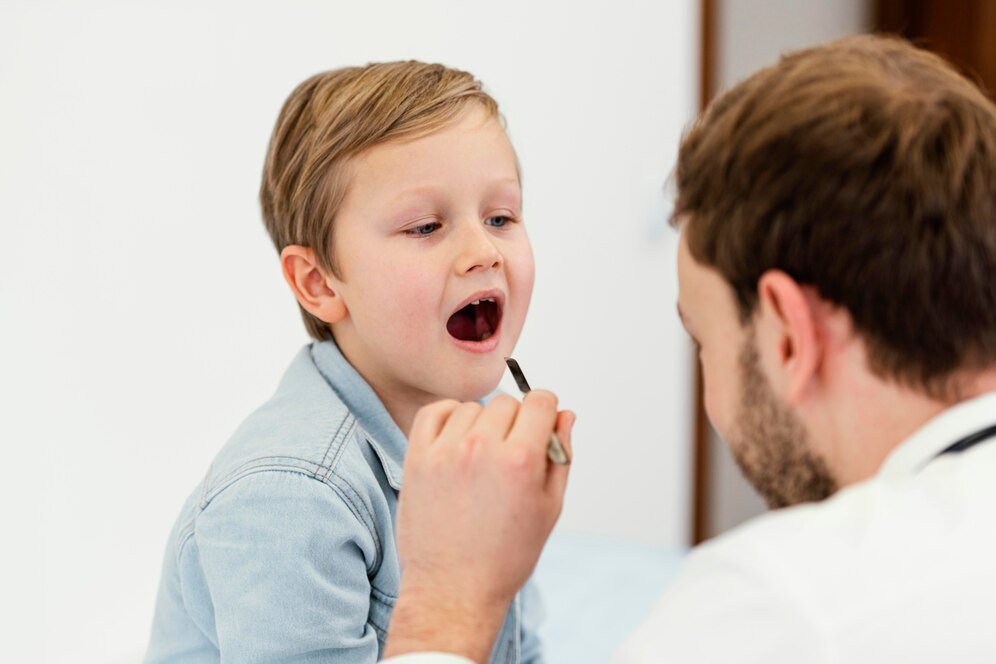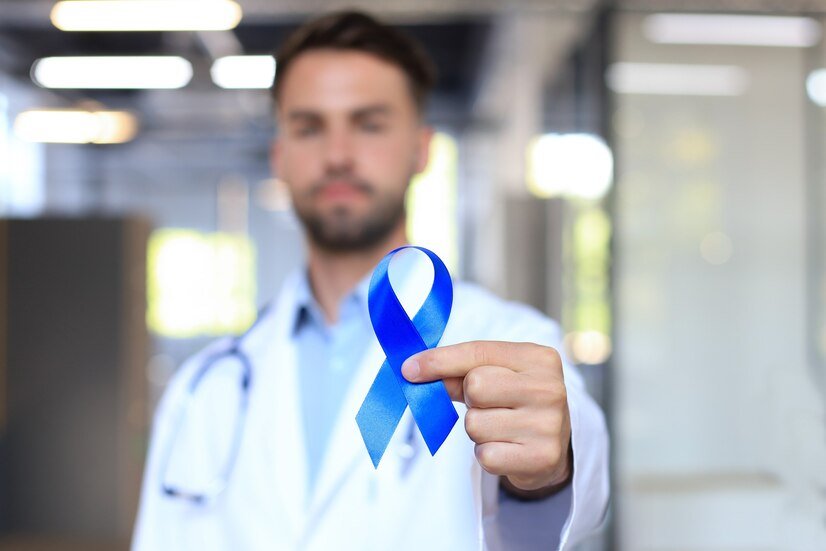Oral cancer is a serious and potentially life-threatening condition that can affect individuals of all ages and backgrounds. However, certain populations, such as children, the elderly, and those with specific risk factors, may face unique challenges when it comes to oral cancer prevention, diagnosis, and treatment. In this article, we’ll explore the prevalence of oral cancer in special populations and discuss the importance of early detection and comprehensive care.
Oral Cancer in Children
While oral cancer is relatively rare in children compared to adults, it can still occur, particularly in certain high-risk groups. Here are some key points to consider regarding oral cancer in children:

- Risk factors: Children may develop oral cancer due to genetic predisposition, exposure to certain carcinogens (such as tobacco smoke or alcohol in the household), or underlying medical conditions.
- Symptoms: Signs of oral cancer in children may include unexplained mouth sores, persistent pain or swelling in the mouth or throat, difficulty swallowing or speaking, and changes in oral tissue color or texture.
- Diagnosis and treatment: Pediatric oncologists, along with other specialists, play a crucial role in diagnosing and treating oral cancer in children. Treatment options may include surgery, chemotherapy, and radiation therapy, tailored to the child’s age, overall health, and cancer stage.
Oral Cancer in the Elderly
The elderly population faces a higher risk of developing oral cancer due to various factors, including age-related changes in oral tissues and prolonged exposure to risk factors such as tobacco and alcohol. Here’s what to know about oral cancer in the elderly:
- Increased risk: Older adults may have a higher incidence of oral cancer due to cumulative exposure to risk factors over time, as well as age-related changes in immune function and DNA repair mechanisms.
- Screening and detection: Regular oral cancer screenings are essential for early detection and prompt treatment in the elderly population. Dentists, oncologists, and primary care physicians can perform thorough examinations and recommend further testing if necessary.
- Treatment considerations: Elderly patients with oral cancer may have unique treatment considerations, such as frailty, comorbidities, and medication interactions. Oncologists specializing in geriatric oncology can provide tailored treatment plans that prioritize quality of life and functional outcomes.
High-Risk Groups for Oral Cancer
Certain populations are at an increased risk of developing oral cancer due to specific risk factors or lifestyle habits. These high-risk groups require targeted interventions and comprehensive care to reduce their risk and improve outcomes. Here are some examples:
- Tobacco users: Individuals who smoke or use smokeless tobacco products are at a significantly higher risk of developing oral cancer. Quitting tobacco use is the single most effective way to reduce this risk.
- Heavy alcohol consumers: Excessive alcohol consumption, particularly when combined with tobacco use, can greatly increase the risk of oral cancer. Moderating alcohol intake can help lower this risk.
- HPV infection: Human papillomavirus (HPV) infection, particularly with high-risk strains such as HPV-16 and HPV-18, is a significant risk factor for oral cancer. Vaccination against HPV can help prevent infection and reduce the risk of oral cancer.
- Immunocompromised individuals: People with weakened immune systems, such as those living with HIV/AIDS or undergoing immunosuppressive therapy, may be at an increased risk of developing oral cancer. Close monitoring and preventive measures are essential in this population.

Best Oncologist in Shalimar Bagh
Residents of Shalimar Bagh and surrounding areas have access to top-quality cancer care provided by experienced oncologists. The best oncologist in Shalimar Bagh offers comprehensive services for the diagnosis, treatment, and management of various types of cancer, including oral cancer. With expertise in the latest treatment modalities and a patient-centered approach, they ensure that each patient receives personalized care and support throughout their cancer journey.
Best Oncologist in North Delhi
North Delhi residents can rely on the expertise of the best oncologist in the area for high-quality cancer care and treatment. Whether it’s screening, diagnosis, or advanced treatment options for oral cancer, the best oncologist in North Delhi provides compassionate care and specialized services tailored to each patient’s needs. With a focus on multidisciplinary care and cutting-edge technology, they strive to achieve the best possible outcomes for their patients.
Conclusion
Oral cancer can affect individuals of all ages and backgrounds, but certain special populations face unique challenges when it comes to prevention, detection, and treatment. Children, the elderly, and high-risk groups require targeted interventions and specialized care to address their specific needs and reduce their risk of oral cancer. By raising awareness, promoting early detection, and providing comprehensive care, healthcare professionals can improve outcomes and quality of life for individuals affected by oral cancer in these special populations. Residents of Shalimar Bagh and North Delhi can access top-quality cancer care and treatment from the best oncologists in their respective areas, ensuring that they receive the personalized care and support they need to fight oral cancer and live healthier lives.
For any further queries, Plz visit drmonishagupta.com or you can check our social media accounts, Facebook, Instagram

